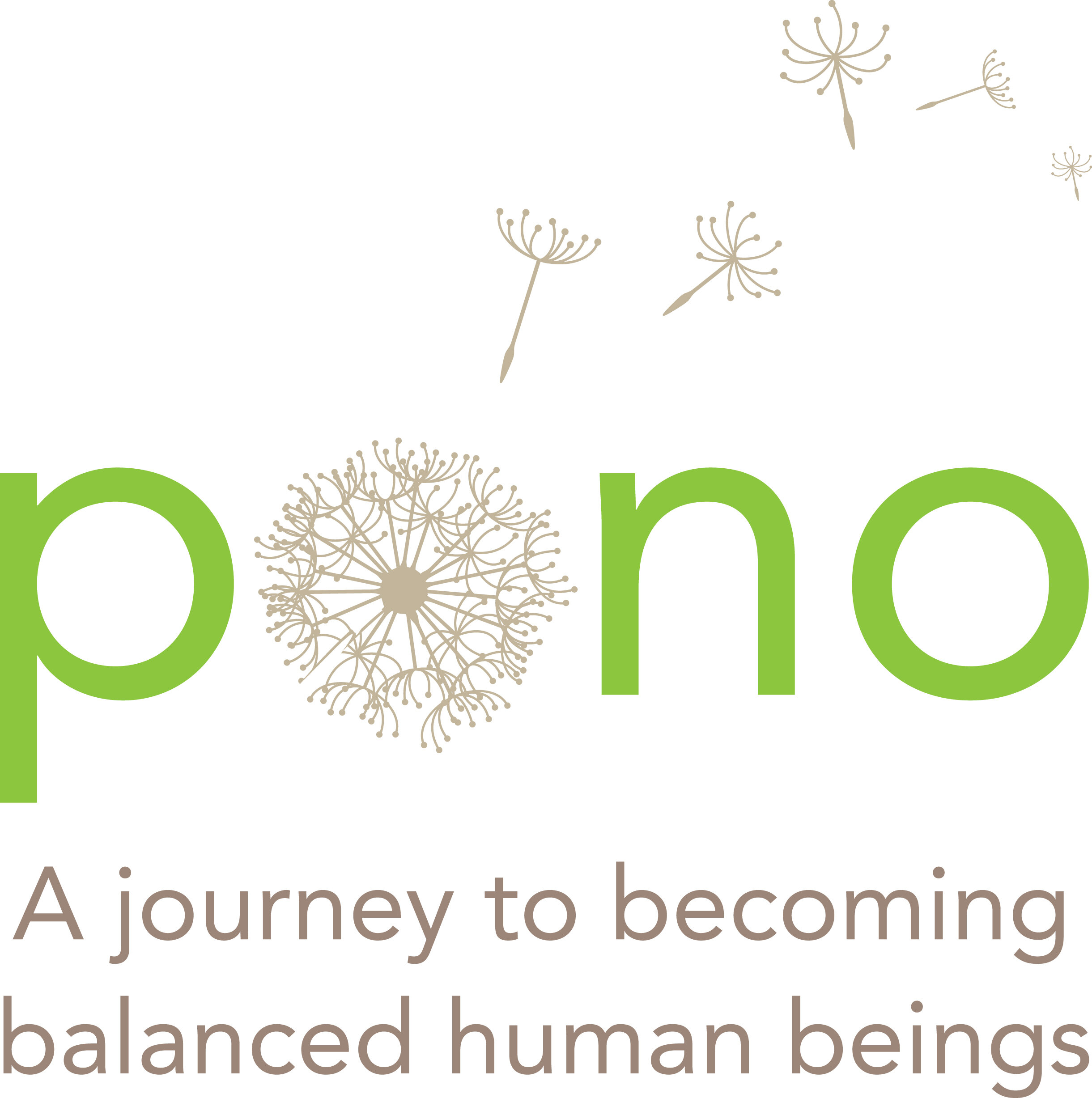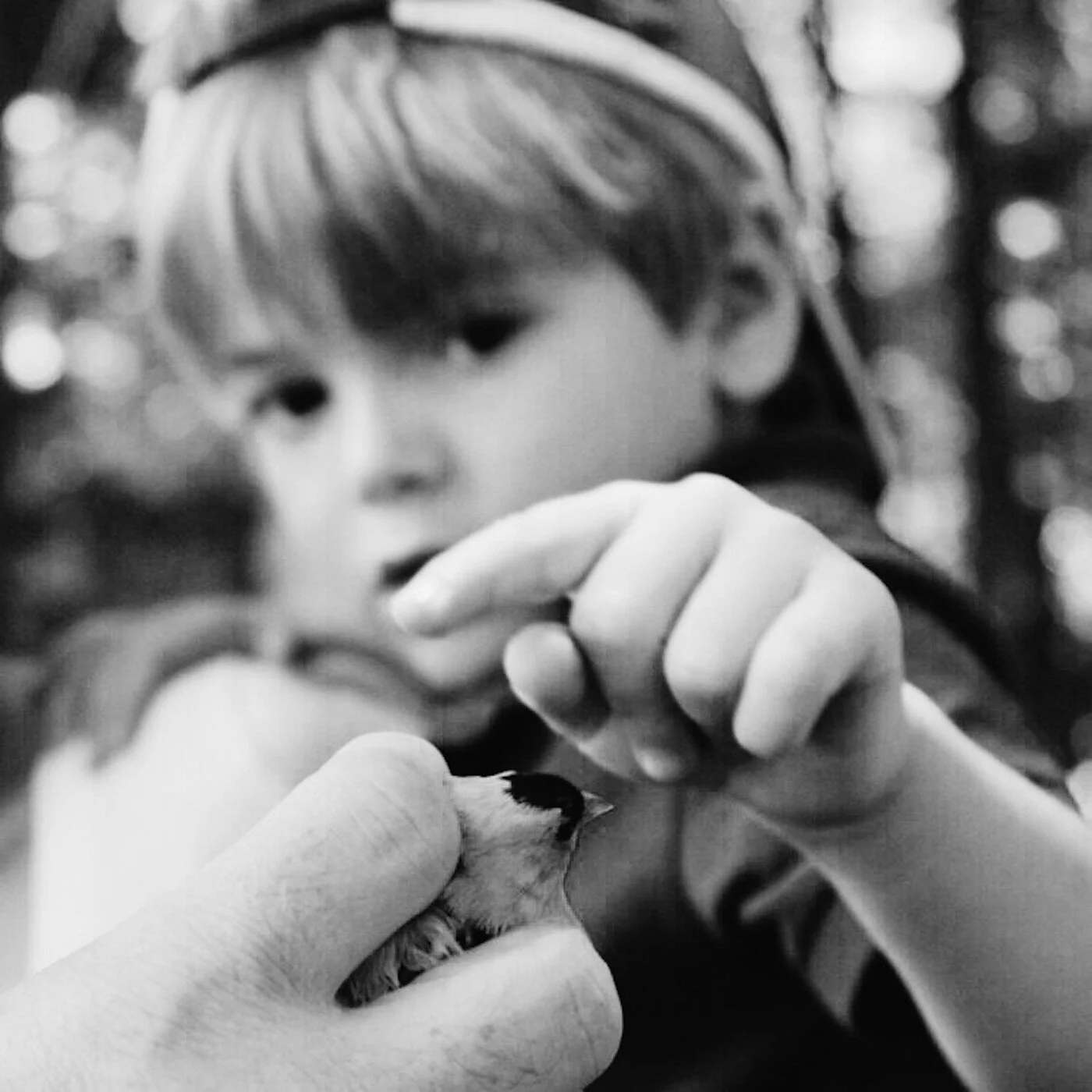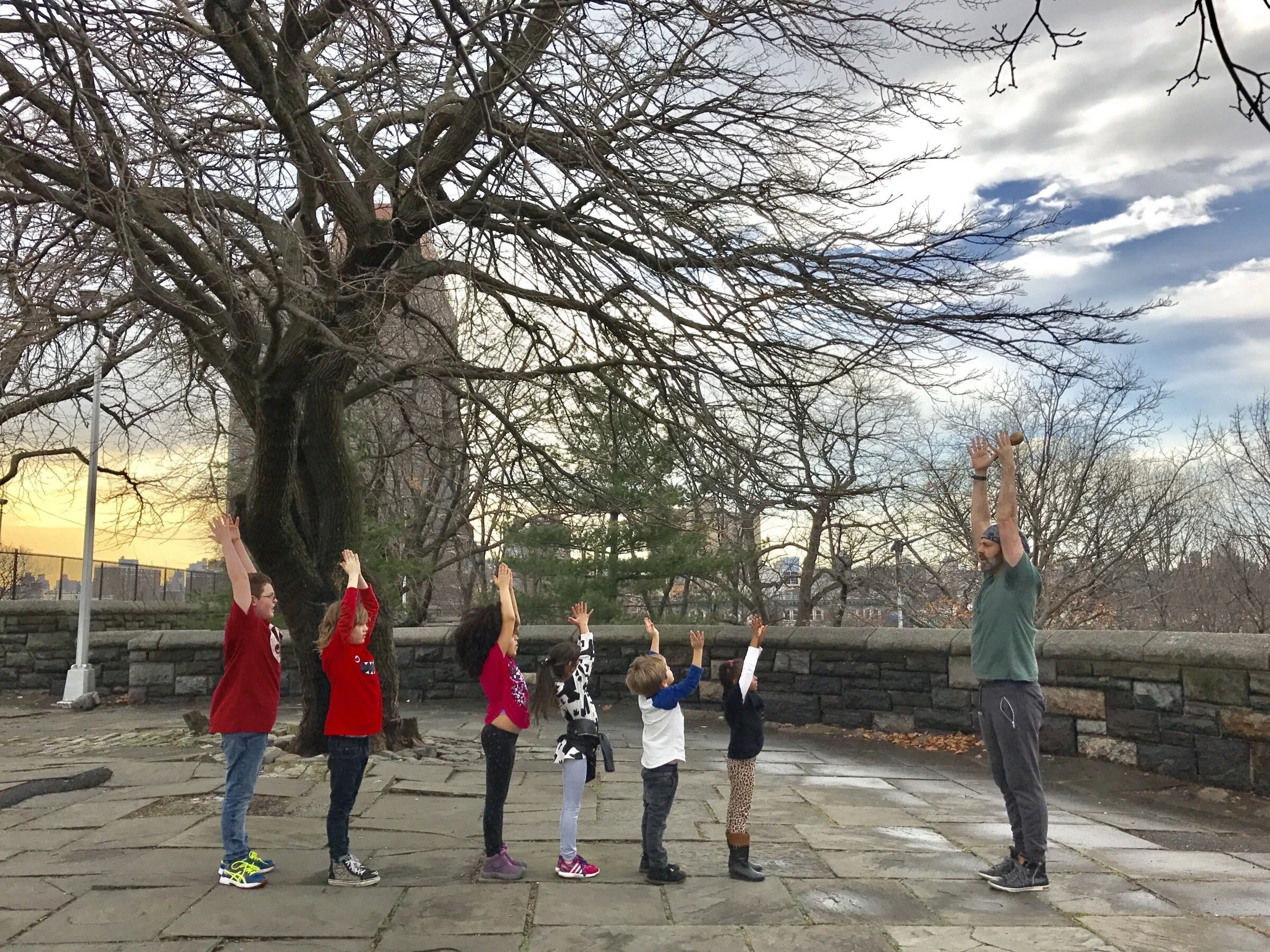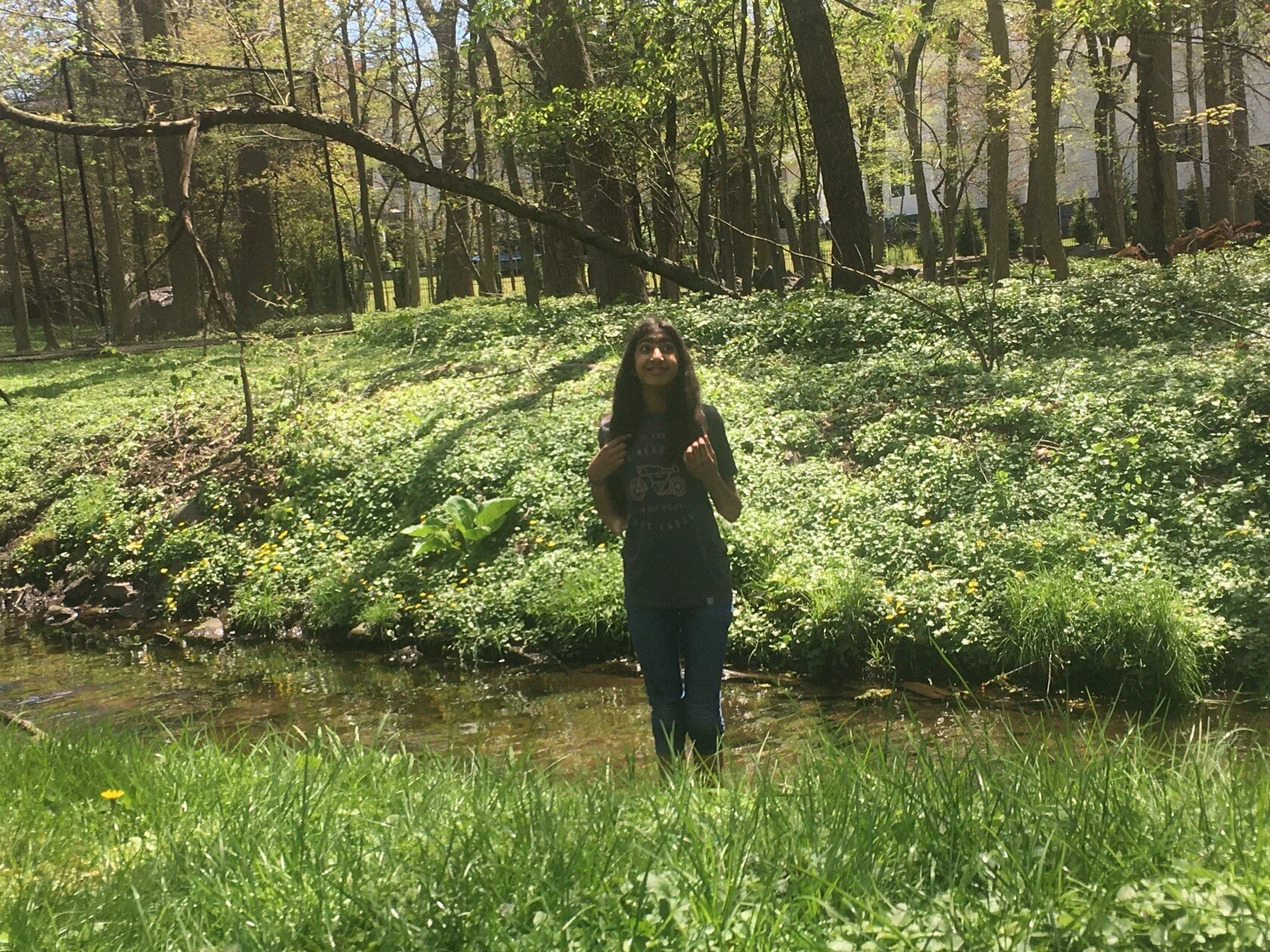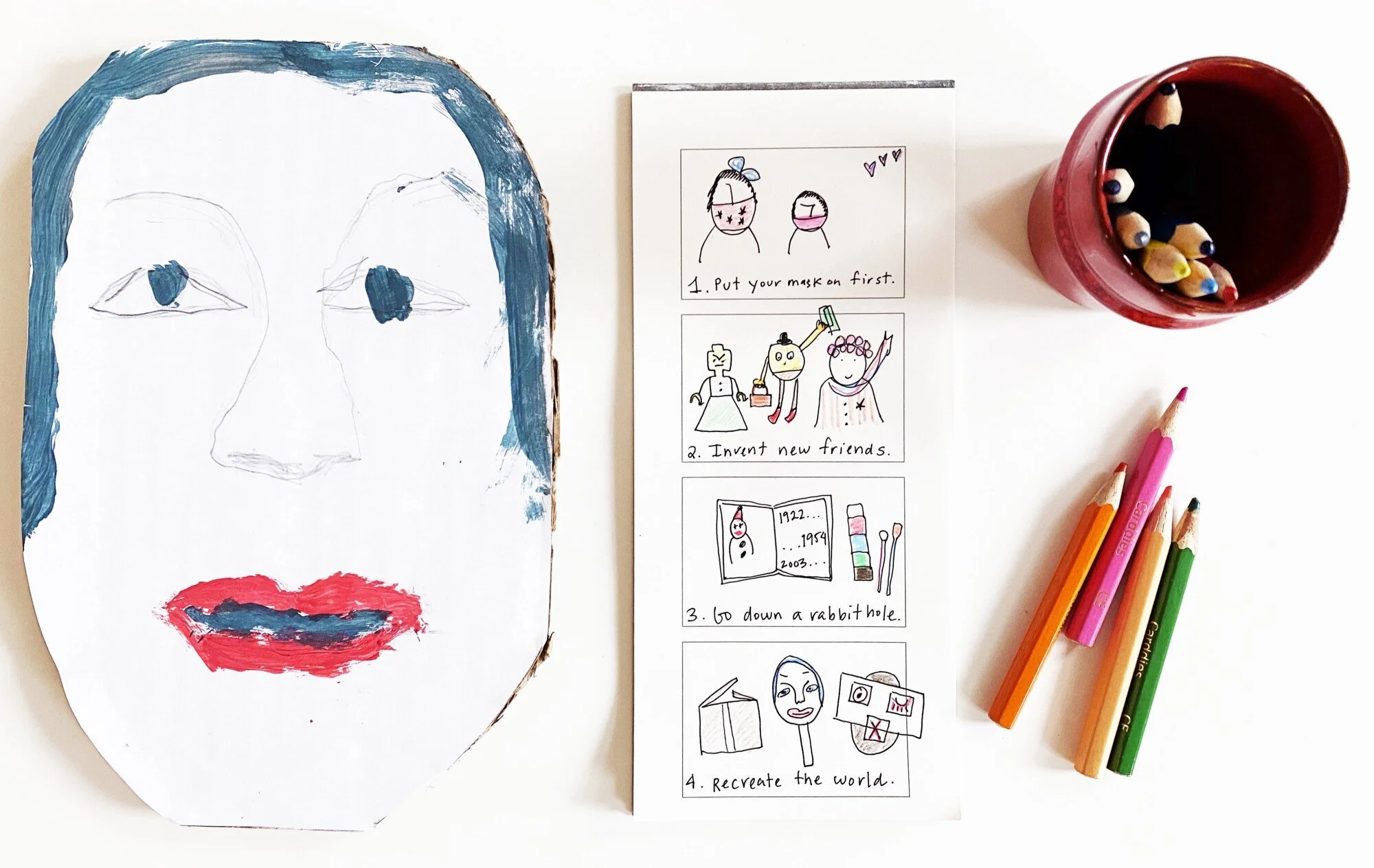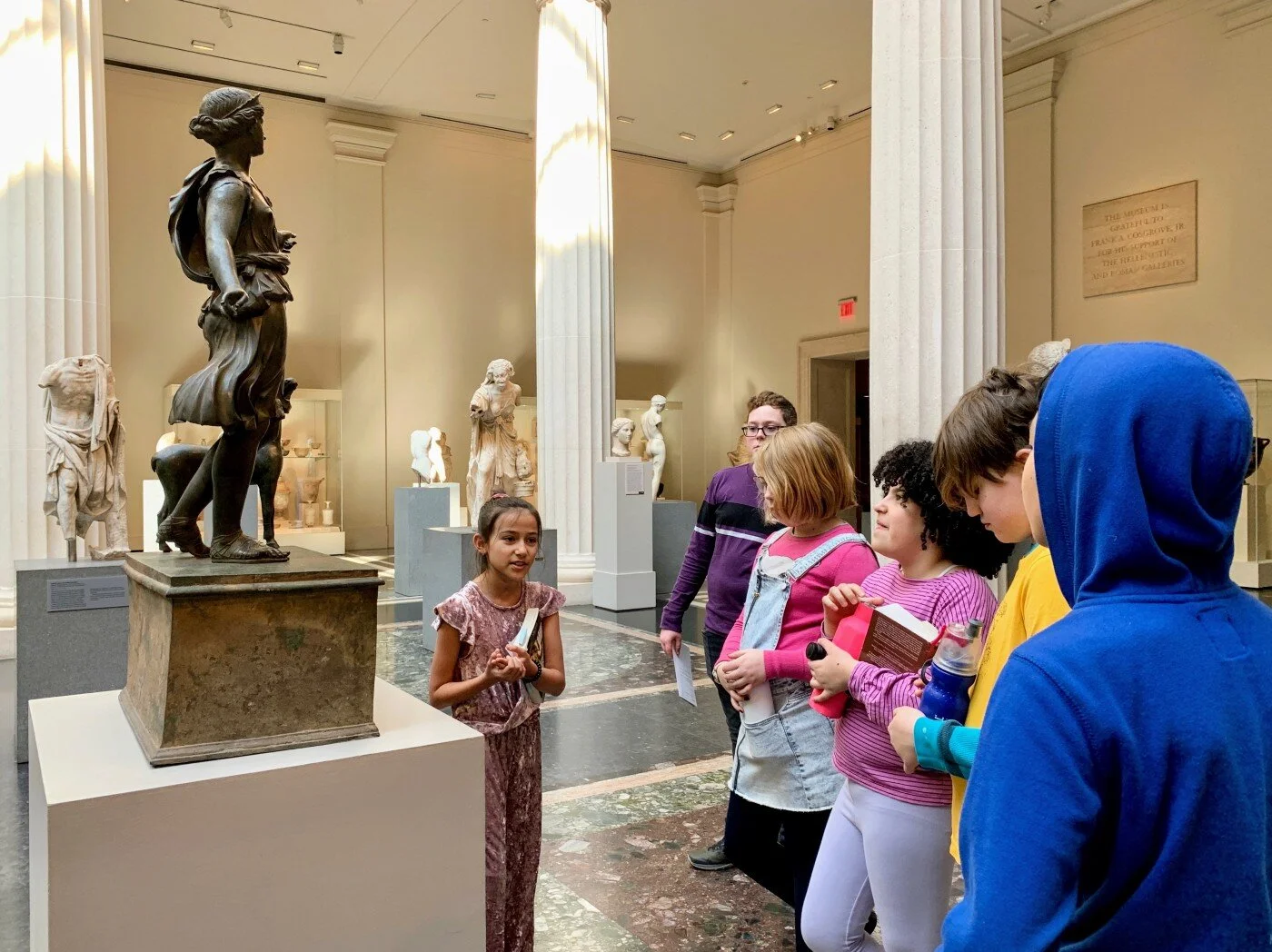My name is Clara Abreu and I am a high school senior. This summer I participated as a junior camp counselor in Pono’s City to Sanctuary program. City to Sanctuary takes place at Pono’s partner sanctuary, Westmoreland Sanctuary, in Mount Kisco, New York. It strives to facilitate a lasting curiosity and lifelong love for the outdoors through hands-on nature exploration. While with City to Sanctuary, I had the task of investigating the impact of nature on summer campers' well-being.
Read MoreOur children showed us that city kids are greatly in need of opportunities to rediscover and deepen their essential connection with nature.
When I founded a small democratic school in New York City ten years ago for my daughter and other children, I was not aware of the term “outdoor education,” let alone how to offer it in the middle of Manhattan! All I wanted was a place where children were trusted to initiate and direct their own learning, where they could pursue their own happiness without limits. We simply provided a loving, peaceful space for the children to be and intentionally left it to their brilliant minds and bright souls to chart our course. Little did I know that they in fact were paving the way for us to be an outdoor school. We remain the only democratic outdoor educational program in New York City for ages 2 to 14.
Read MoreExploring the outdoors and socializing with friends in person is what we all want for our children’s summer camp experience. However, what is preferable is not currently practical, given safety concerns due to the COVID-19 pandemic and the reality that many parents need to work full-time from home. Virtual summer camp may be our best, if not only, solution right now. To select the virtual summer camp that will keep children connected and stimulated, albeit socially distanced, parents should consider three important factors.
Read MoreIn college, I hit “the sophomore slump” during spring semester. Big time. My social life was flourishing, so much so that I usually slept through an early morning course called “Religions of India.” I had an F walking into the midterm exam. I bombed that, too. Luckily I had a Jedi master of a professor, himself a Buddhist scholar and practitioner. He sat with me in his incense-filled office while I babbled excuses for my poor showing. He quietly challenged me to raise my grade by choosing from a menu of self-guided projects. I went all in. I prayed I could get a C.
I visited a local Hare Krishna commune; wrote the best essay of my college career about symbolism in Hindu art; volunteered as a local guide for visiting monks; made posters for Students for a Free Tibet; and perhaps most auspiciously, took my first formal meditation class and kept a journal of my daily experiences. My professor told me he’d know if I was making it up… and so I committed myself to 20 minutes of daily practice and journaling. I had always been a “good student,” but this experience was the first time I felt truly empowered in my education. I had stumbled on to the Pono methodology! I had created my own course of learning based on my intrinsic interests and desires. And… I got an A in the class.
Read MoreIt’s Week 11 of COVID-19 quarantine in northern New Jersey, where I live. My 10-year-old daughter, Amrita, and I have been spending a LOT of time together. My role has expanded from mother and friend to homeschool supervisor, curriculum creator, and rec director! Like many parents around the world right now, some days, I rise and other days, I fall flat on my face.
A lot of parents are worried about Zoom burnout, free time after remote schooling, and how to keep their kids engaged and happy right now. During this time of shelter at home, I’ve found that tuning into the spirit of Pono’s democratic curriculum — which centers learning around the children’s interests — has been helpful.
These are the Pono principles that have inspired me:
Read MoreHi! You’re here to learn about Pono, my school, right? Great, I’m glad I found you. I’m Sulaf Hatab, and I’m 12 years old, and it’s really nice to meet you. Is my hair okay? No, it looks fine? Thank you. Now, I’m supposed to tell you crazy stories about my school, right? No? Wait, you actually want me to tell you about Pono, like what it is, and the model, and stuff like that? Dang, I had such good stories, too, like the one about the pouring rain that soaked through our suitcases during our Costa Rica trip, or the many mad dashes for trains––in Philadelphia, Long Island, and wherever Vassar College is. But if you’re here to learn how Pono works, then fine, I’ll tell all. Here we go.
Read MoreHello reader! Nice to meet you. If you don’t mind, I would like you to join me in a sort of thought experiment. I mean, you really have no reason to say no: You’re probably stuck at home just like the rest of us (And if you are not, then God bless you, ’cause you’re saving our lives), so I’m sure you have time for a few seconds of imagining things with me. So, without further ado, close your eyes and imagine a classroom. And really dive into the details too. Imagine the smell of the floor cleaner that the janitor used the day before, the sound of pencils scratching on paper. Imagine the colors of the chalk resting by the chalkboard, the kinds of wood or plastic the tables and chairs are made of, the model of the pencil sharpener in the back of the room. Imagine the students, every single one of them — their personality, their interests, every minuscule detail of their appearance. Now imagine the teacher. You could make the teacher have any kind of personality, and combine any number of features, but what you probably will not do is imagine yourself. But now, that’s about to change.
Read MoreIf you ask me what I’ll be teaching the first week of next term, I’ll have absolutely no idea. It could be a poetry class or a lesson on Bollywood movies or a field trip to an animation studio. I know instructors at traditional schools who can say exactly what they’ll be teaching on any given week of the following school year. They’ve honed their lesson plans and return to them every fall, but my classroom schedule depends on what my students ask to learn about.
Read MoreMy friends and students ask me: Are you okay? How is your son dealing with all this? How are you holding up? It’s been six weeks since we’ve been staying home and I think: Yes, we are okay. There are times at the end of a long day of playing, making art, baking bread, and doing the things that fortunate families like us are doing that I weep. I am exhausted and like everyone else, have no answers on how or when things will change. As parents, we are never processing emotions for one, but for two or more. We are mirrors, luggages, punching bags, and giant stuffed animals to our children. Our job is to be flexible, forgiving, funny, and fuzzy. There are days when I tackle difficult conversations about disease and pollution. And there are others, when I’m just trying to convince a small person that he doesn’t actually want to watch three movies in a row. I am not perfect, but I do have to show up each day and try. Here are some things that have helped us feel okay, and even happy, during this time. (p.s. We both cry at least once a day for various reasons and that’s okay too :)
Read MoreEach Pono child has their favorite thing about school, and mine is field trips! I love going out into the city and exploring. We take two or three trips a week. There is a wide variety, such as going to a science lab to dissect cow eyeballs, to City Wing Tsun for kung fu, and to the Metropolitan Museum of Art. At the end of every term we have a long trip, when we go to a place that’s farther away and takes more time to get to, like the Statue of Liberty, Philadelphia, and the Cradle of Aviation Museum. We even took a really, really long trip last year to Costa Rica! My personal favorite was when we visited our science teacher, Dr. A, in upstate New York. We had a BBQ lunch (yum!), played badminton (not my best sport, but it was fun!), ran around, caught bugs, and harvested radishes from her garden.
When school was cancelled because of COVID-19, I was really disappointed. We could do math and literature online but not field trips. Or so I thought.
Read MoreSitting in a hospital playroom with a young patient, I watched him bang two toy cars over and over again for the duration of his visit. If I hadn’t already known his history, I might have been tempted to redirect his play to something more “appropriate.” But I knew that he had just been in a car accident with his family and I repeated my personal motto in my mind: “Children know what they need to heal.”
Read MoreHalau owner and hula teacher Luana Haraguchi told me recently that the Hawaiian word Pono translates to almost 100 meanings in the English language. There have been several moments over the recent weeks at home and at (virtual) work that have brought some of those translations to my mind: purpose, well-being, goodness, hope.
During the COVID-19 crisis the Pono faculty is committed to testing new ideas so that we can remain as connected as possible and bring Pono - in all senses of the word - into your home. This blog is one part of our effort to provide helpful content and will feature regular posts from a variety of our community members on how vital the tenets of a student-centered education can be when your child is learning from home.
Read More